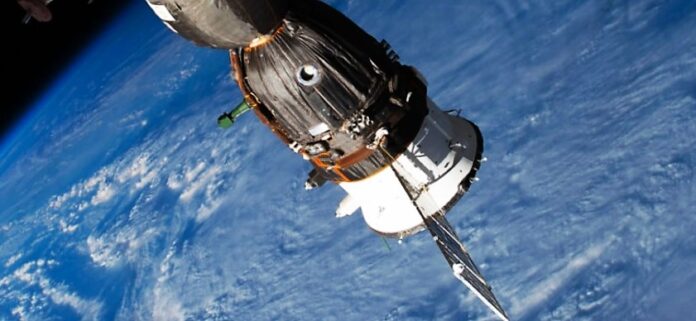Introduction: The Current Situation
Roscosmos, the revered Russian space agency, is facing yet another mishap with one of its spacecraft, causing inconvenience and delay for the crew. In December of last year, a coolant leak in the Soyuz MS-22 spacecraft transported three crew members of Expedition 68 to the International Space Station (ISS), causing an untoward situation. On February 11th, a depressurization in Progress 82, an uncrewed cargo craft docked with the Poisk laboratory module, was recorded at the Russian Mission Control Center outside Moscow.
Investigating the Leaks: Collaborative Efforts by Engineers
The cause of these persistent and recurring leaks is still shrouded in mystery, but Roscosmos engineers have initiated efforts to address the problem in collaboration with their NASA counterparts. The joint team of experts is employing troubleshooting measures to identify the root cause of the leaks, which includes obtaining imagery of the Progress 82 using cameras aboard the Canadarm-2.
Leak Not a Threat to Crew, But Launch Delayed
The crew was informed of the leak promptly, and it was assessed that it posed no risk to their safety. However, the leak has caused a delay in the launch of Soyuz MS-23, a replacement spacecraft scheduled to launch on February 19th to replace the Soyuz MS-22. Soyuz MS-23, if launched on time, would have brought back NASA astronaut Frank Rubio and Roscosmos cosmonauts Sergey Prokopyev and Dmitri Petelin, who were delivered by the MS-22 mission in October 2022. Nonetheless, the crew has returned to their routine space operations and scientific research. The hatches between Progress 82 and the station are open, and temperatures and pressures are within the normal range. So far, no further issues have been reported.
Conclusion: Continuous Monitoring and Investigation
The current situation with the Russian spacecraft leaking is a matter of concern, and the delay in the launch of the Soyuz MS-23 has made matters worse. However, officials continue to closely monitor all ISS systems and work diligently to identify the root cause of the leaks. Engineers from both Roscosmos and NASA are working together to investigate the issue, and the joint efforts have brought forth promising developments. The crew on the ISS has returned to normal space operations and scientific research, and all systems are being carefully monitored for any further issues.














